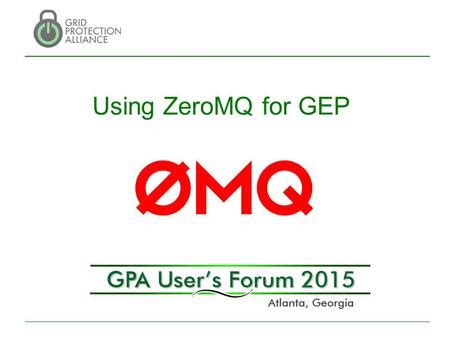Using Zeromq to monitor Ethereum titles
As a developer, you are likely to look for improving the performance and efficiency of the Ethereum-based system. One promising solution is the use of Zeromq (zero-indinated protocol), a light messaging directory that can facilitate powerful communication between the nodes of the Ethereum network.
In this article, we examine how to use Zeromq to track incoming transactions of local Ethereum addresses.
Why Zeromq?
Zeromq is an excellent choice for this task because:
1.
- High performance : Zeromq is designed for high-performance applications, so it is ideal for real-time monitoring of transactions.
- Scalability : Zeromq can handle many concomitant relationships, allowing the system to process multiple titles at the same time.
Set Zeromq
To use zeromq, you need to install the Libzmq3 directory on your local machine in the EThereum-based system. You can do this:
* Ubuntu/Debian : SUDO APT-GET Install Libzmq3-Dev
* Red hat/centos

: Sudo yum install ZMQ-DEVEL
After installation, you can check that zeromq is running by running the following command:
Bash
Echo “Hello World!” > Message.txt
ZMQ connect the Localhost 5555> Message.txt
`
This creates a file called Message.txt on the local machine,” Hello World! ”With content.
Observing Ethereum titles with Zeromq
You can use the following zeromq code to monitor the incoming transactions of local Ethereum addresses:
`c
#include
#include
int main () {
// Create a zeromq alkalj
Invalid* context = zmq_ctx_new ();
Invalid* reactor = zmq_reactor_new (context);
// Join the Ethereum Address Observer Service
int port = 5555;
int listen to = 0;
Struct Sockaddr_in Addr;
ZMQ_SETSOCPT_INT (Reactor, ZMQ_RCVH_PORT, PORT);
ZMQ_SETSOCPT_INT (Reactor, ZMQ_RCVH_LISTEN, Listen);
ZMQ_Bind (context, “TCP: //*: 5555”, ADDR);
// Set a message manager
Void* Handler = ZMQ_handler_new ();
zmq_add_reactor (operator, null, reactor);
// Create an event loop to process messages
int event = zmq_event loop;
// Processing incoming transactions
while (1) {
Struct zmq_message* msg = zmq_poll (context, 0, and events);
if (msg == null) break;
Invalid* Data = ZMQ_Data (MSG);
STD :: cout << "The transaction received at the address:" << data << std :: endl;
// return answer to Ethereum address
ZMQ_Send (context, data, ZMQ_nodata, 0, operator);
// processing the next message
ZMQ_POLL (context, 1, and events);
}
// clean the resources
ZMQ_TERM (reactor, null);
zmq_close (context);
ZMQ_FREE (operator);
ZMQ_Destroy_Context (context);
Return 0;
}
`
This code sets the zeromq substrate and connects to the Ethereum address monitoring service (Localhost: 5555). He then creates an event loop to process incoming transactions. When a transaction arrives, you send the response back to Ethereum using the ZMQ_Send function.
Conclusion
The use of Zeromq to monitor Ethereum titles can significantly improve system performance and efficiency. By exploiting low -delay, high permeability capabilities, you can process multiple titles at the same time and respond quickly to incoming transactions. While this code sets a basic example of using zeromq for etheromq address monitoring, this is just the starting point. You need to adapt and expand this code to meet your specific requirements and build the top of the existing infrastructure.
Hope this helps! Tell me if you have any questions or need additional help.